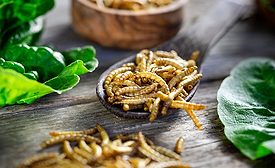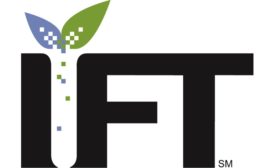Food Type
Food Safety and Quality Considerations in the Production of Plant-Based Meat Alternatives
Each step during manufacturing and distribution introduces potential challenges and opportunities for maintaining food safety and quality of plant-based meat products
February 13, 2024
BIZTRACKS
First Seafood Traceability Providers Achieve Interoperability at Scale
February 8, 2024
Never miss the latest news and trends driving the food safety industry
eNewsletter | Website | eMagazine
JOIN TODAY!Copyright ©2025. All Rights Reserved BNP Media.
Design, CMS, Hosting & Web Development :: ePublishing











